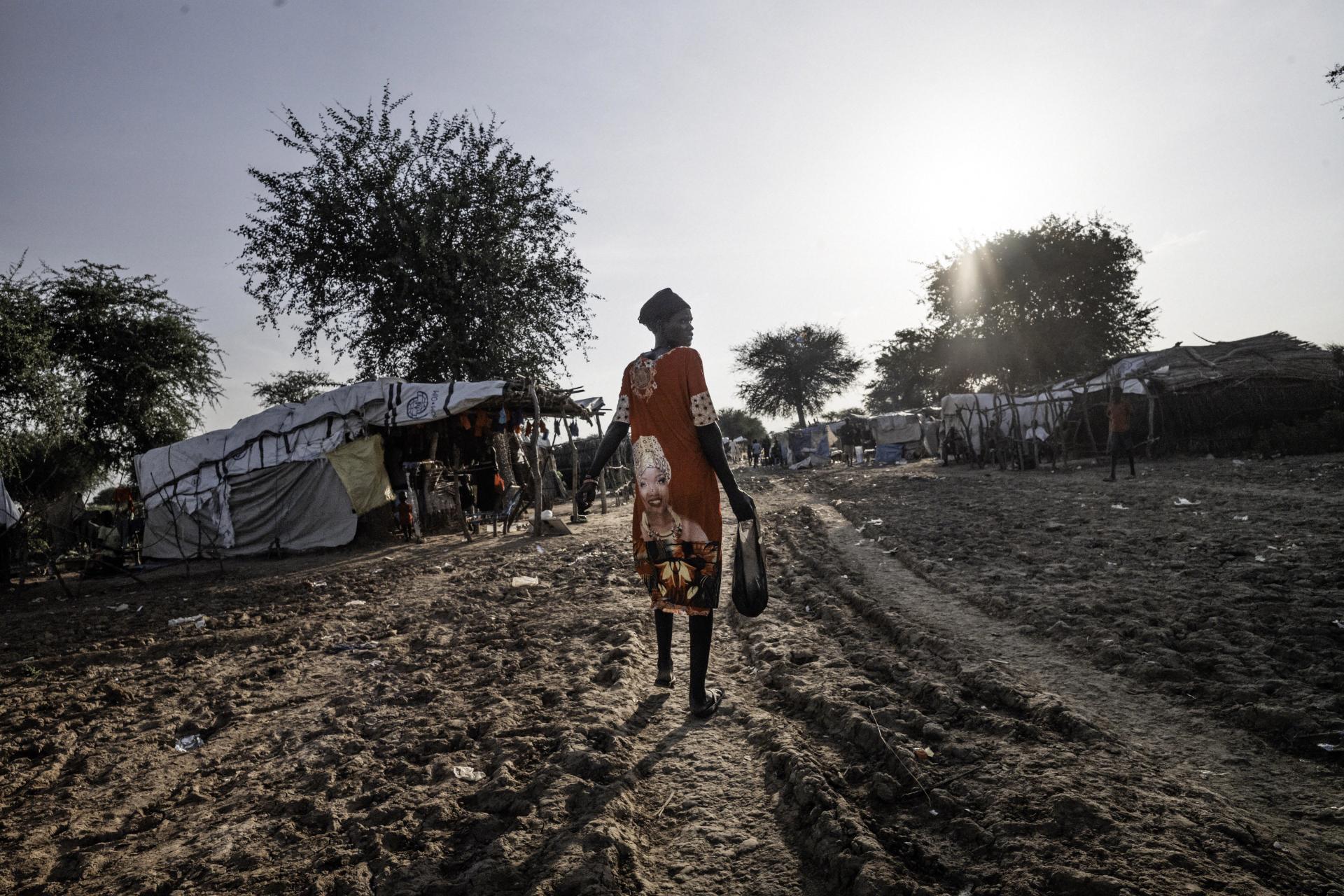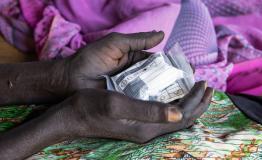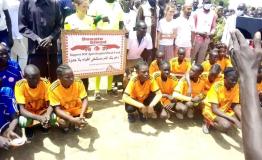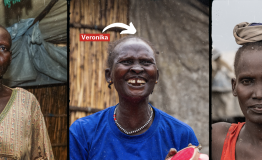Two-years after the outbreak of violence in Agok, on the border between Sudan and South Sudan, and fleeing of people to Twic and Abyei Town, 20,000 internally displaced people continue to face major and long-term challenges. Substantial gaps remain in the delivery of humanitarian assistance. The recent escalation of violence is a testament to this.
“After a massive wave of internally displaced people fleeing the conflict in Agok in 2022, the situation is quite stable today but so are the long-term challenges that have emerged”, says Nicolas Guiral, MSF Project Coordinator in Twic. “The main threat in 2024 is the important decrease in funding for South Sudan leading to a significant decrease in the presence and response of actors, with major concerns about lack of food, poor water and sanitation conditions - in the camps as well as in most host communities - and poor shelter conditions to cope with the coming rainy season, with limited access to quality healthcare services.”
Following violent clashes in early February 2022 in and around Agok, Abyei Special Administrative Area (ASAA), an estimated 70,000 people were displaced; the majority fled to Abyei town, while others sought refuge in areas further south, with more than 20,400 people registered in Twic County in Warrap State as of March 2022. In a region that is already vulnerable and prone to recurrent disease outbreaks, the influx of displaced populations placed an additional burden on fragile communities. The situation, further worsened by heavy floods the last years, remains tensed and volatile. As a testament to this, the area has recently experienced another wave of violence.
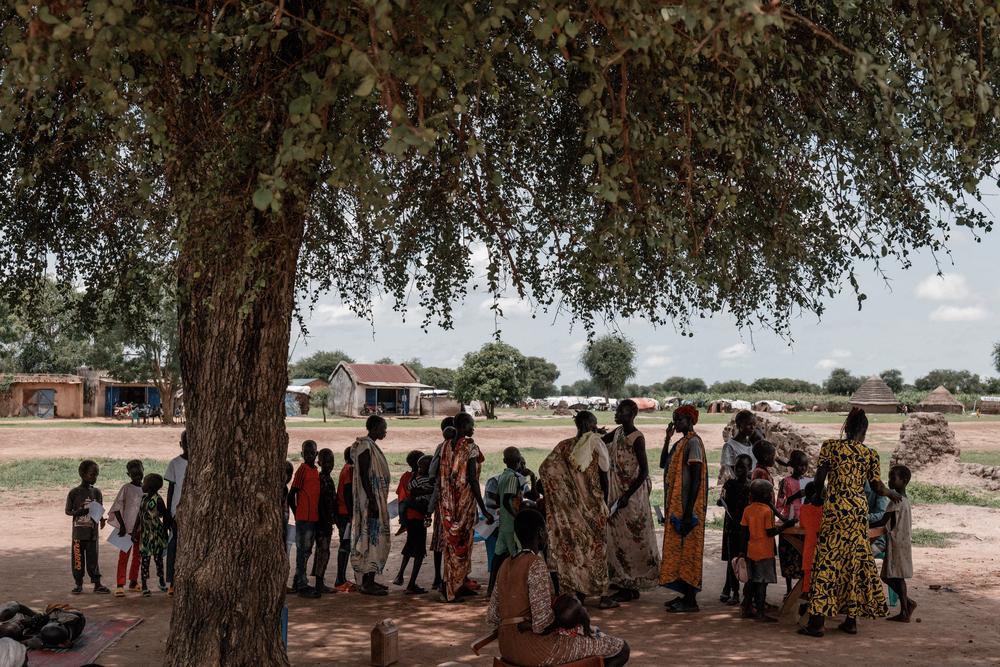
“In January 2024 alone, we've received more than 100 casualties, mainly gunshot-wounded patients in need of surgery, and we've been activating our mass casualty response plan multiple times”, explains Zélie Antier, MSF Project Coordinator in Abyei. “As a consequence, we've upgraded our surgical capacity to be able to respond to the medical needs of the population.”
This renewed violence has led to deaths, serious injuries, destruction of property and livelihoods, and another displacement of populations. The consequences have stretched our teams and equipment and, in addition, during the clashes, MSF lost two staff members who, although off-duty and not targeted as MSF staff, became victims of the violence within the communities.
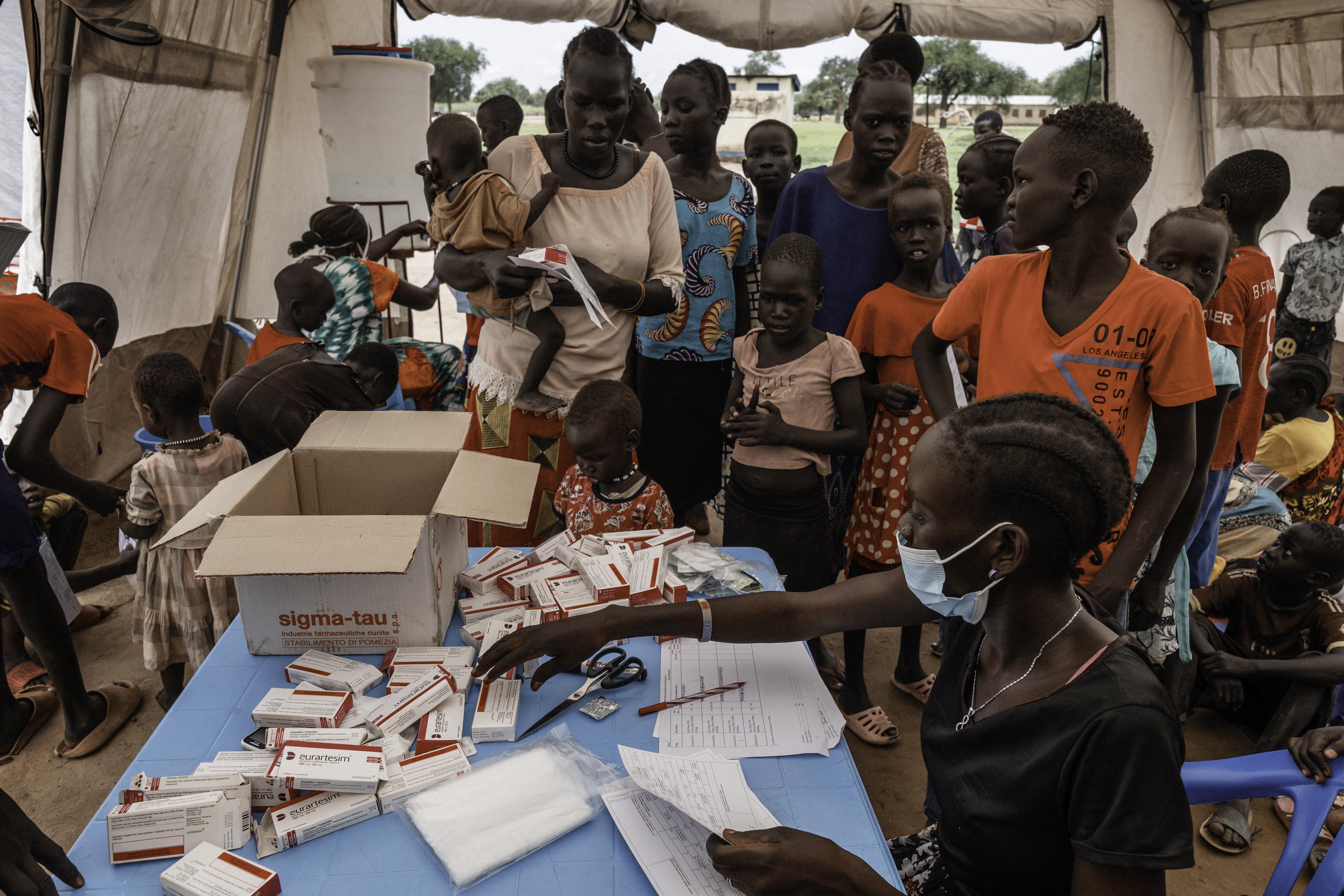
“In Twic the recent violence has mainly affected our activities by receiving civilian and soldiers wounded or killed”, explains Nicolas Guiral. “It’s also affecting an important part of our team since most of them have family (wife, relatives, etc.) who are from the other community and with the conflict some of them are separated up to now.”
About this last wave of violence, a community member shares: "It was very hard for me to see things were deteriorating very rapidly and not knowing where I would end up in the next few hours. It was a difficult feeling for me considering I left my family elsewhere and this is how the situation is turning out. A combination of good fortune and coincidence meant we managed to come out…. last time I was lucky, what about next time?"
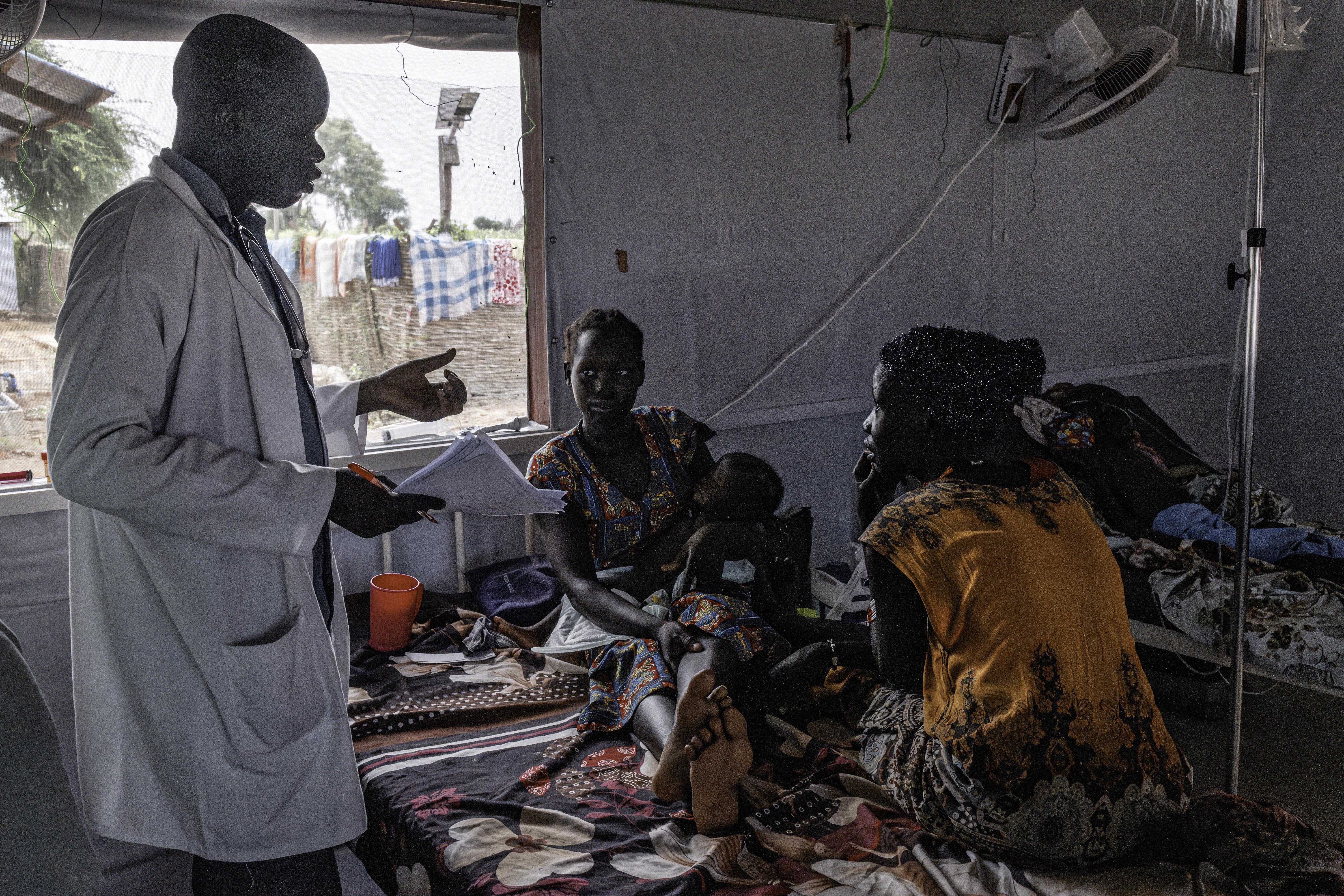
Today, in Abyei and Twic, MSF provides comprehensive care in four facilities and supports integrated community case management sites in the displaced camps. In the past year alone, our teams have supported 50,000 people and conducted 23,000 emergency consultations. However, there is a huge lack of hospital care available in the area with, for example, no operating theatre in Twic County. The patients in need of surgical care have their lives at risk.
Challenges of chronic issues, leading to chronic diseases, remain important and need to be addressed by relevant actors. MSF alerts on a spillover impact in terms of patients who are returnees or refugees from Sudan seeking support. The magnitude of the crisis exceeds the capacity of any single entity, and a collaborative approach is essential for creating a more substantial and effective humanitarian response.
